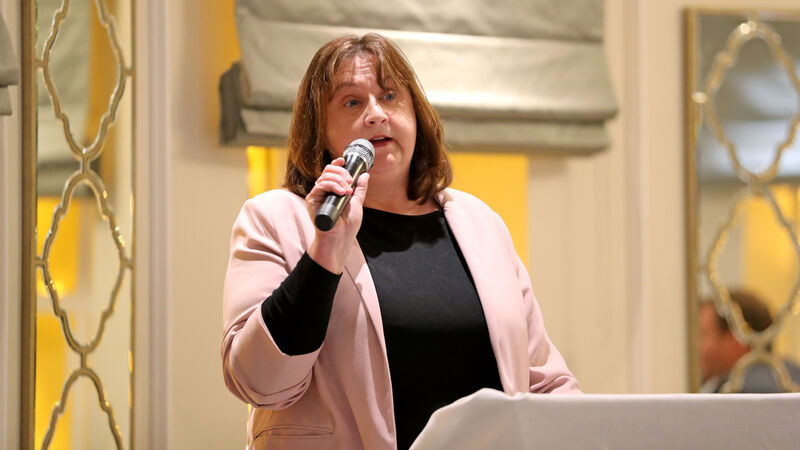HSE focusing on improving international recruitment for disability services

Minister of State at the Department of Children, Equality, Disability, Integration and Youth, Anne Rabbitte TD says there is a 'wide, accelerated recruitment process at the moment'. Picture: Jim Coughlan.
A recruitment crisis in the HSE is being partially tackled by work to quickly facilitate international recruitment, Disabilities Minister Anne Rabbitte said.
Work is being done with professional healthcare regulatory bodies to allow international graduates to more easily gain access to Ireland's job market.










